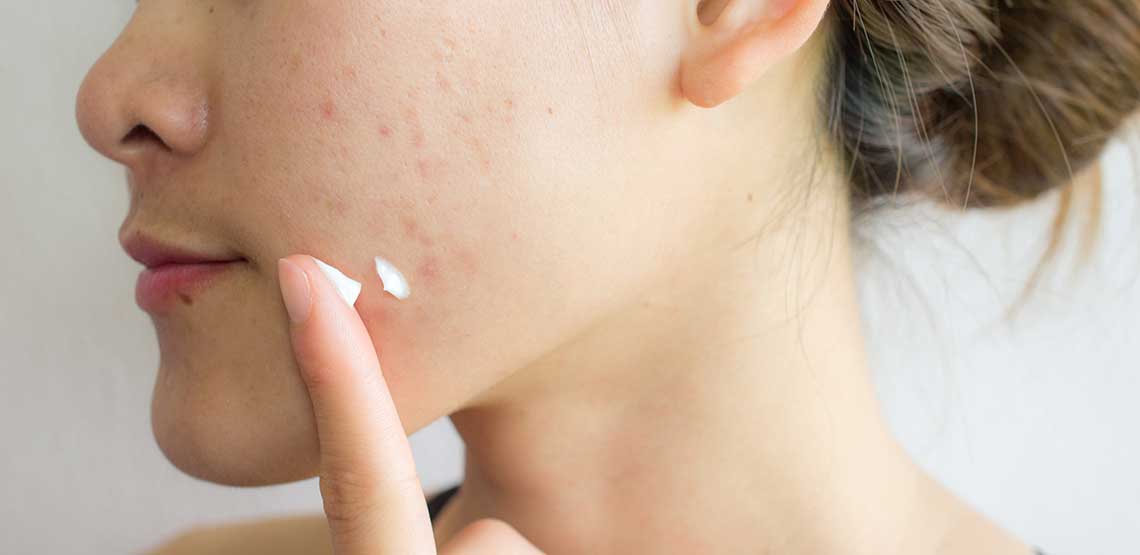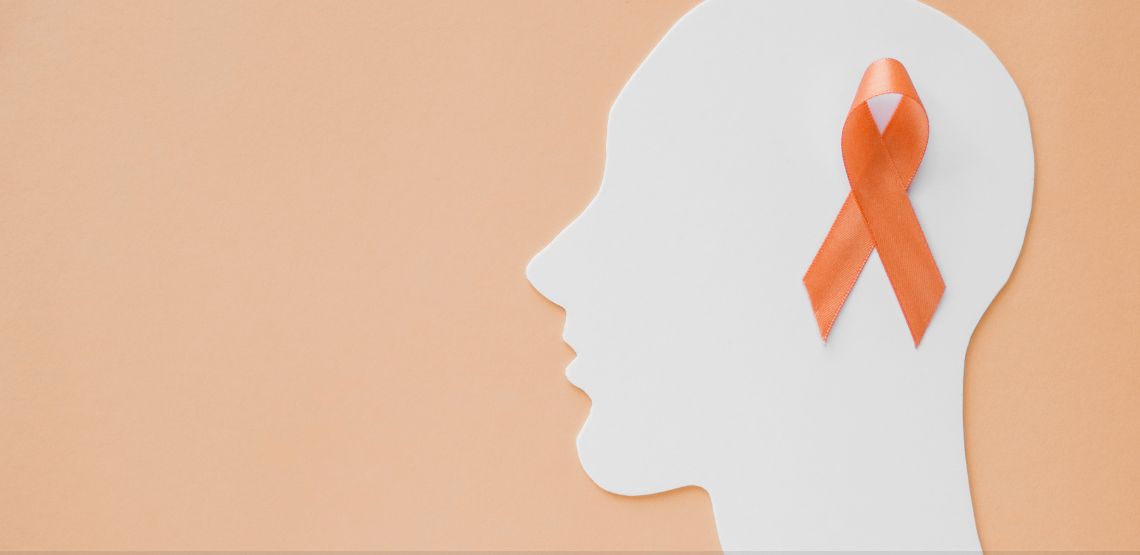Options for Hormonal Acne Treatment
At some point in our lives, most of us will be faced with the reality of acne. Whether it be teenage acne or you experience it in adulthood, whether it is mild or severe, acne is an all-too-common struggle for most of us. The American Academy of Dermatology estimates that 50 million of us, to be exact, are dealing with acne at any given time. Acne happens for many reasons, but a common cause is changes in hormones. In this article we will look at specific causes, as well as hormonal acne treatment options.
What is Hormonal Acne?
Generally defined, hormonal acne includes all breakouts such as pimples, cysts, whiteheads, blackheads and other skin lesions that occur as a result of hormonal fluctuations or changes in the body.
Hormones are the root cause of all acne, at any time of your life, so for this reason, you can think of all acne as hormonal acne. It can occur during puberty, later in life, during menopause or pregnancy, and it can affect all genders.
Causes of Hormonal Acne
The hormones responsible for your breakouts are androgens or testosterone. However, both females and males produce these naturally, and they are beneficial for functions like building lean muscle tissue and burning fat. However, they can also be the root cause of pesky pimples.
Acne occurs when an imbalance in our body leads to excess sebum or oil production, which becomes combined with dirt, bacteria and dead skin cells. Pores and hair follicles then become blocked, and the result is a bacterial infection, which rears its head as a pimple or blemish.
Characteristics of Hormonal Acne
Acne varies widely from person to person in terms of severity, location and type of breakout. Hormonal acne can occur on your T-zone (forehead and nose), around the nose and between the eyebrows, or around the mouth or jaw area, but it can also appear on your chest, neck, back, or shoulders.
Whiteheads, blackheads, cysts, nodules and papules all fall under the umbrella of acne. Both inflamed and under-the-skin cystic acne are types of hormonal acne.
Related Search Topics (Ads)
Treatment Options
While avoiding acne entirely may be impossible, there are steps to reduce its severity to move towards having clearer skin.
1. Prescriptions
In many cases of hormonal acne, sufferers find that topical creams and gels have little to no effect. That’s because hormonal acne flareups don't originate on the skin’s surface, but deep underneath it.
Common types are oral contraceptives that work to change the body’s flow of hormones are Ortho Tri-Cyclen and Yaz. These two options have been specifically approved by the U.S. Food and Drug Administration (FDA) to treat hormonal acne. Prescription strength retinoids, such as the well-known Accutane, which can increase skin cell turnover, or anti-androgen drugs, which lower levels of male hormones, are other options you will need a prescription for.
2. Tea Tree Oil
A less severe treatment option that many have found helpful is tea tree oil, which is a natural oil derived from a plant. Though topical, it can help acne because it has antibacterial properties. You can use it in the form of a face wash or cream, or the pure oil, applied directly to the breakout area.
3. Over-the-Counter Options
For less intense treatment options that can still be effective and require no prescription, there are many over-the-counter creams, gels and cleansers. Effective ingredients to look for are salicylic acid, benzoyl peroxide, or glycolic acid. All of these can help to exfoliate your skin.
Retinols are a different class of treatment that may be extremely effective. They help skin cells to turn over and shed so that pores don’t have as much of a chance to become clogged. You can get Differin gel, a popular retinol, without a prescription but more intense concentrations do require a trip to the dermatologist.
Basic Do's and Don’ts
As with most health issues, a healthy diet can also go a long way in both preventing and lessening hormonal acne. If you are not responding to other treatment options or simply want to make sure the food you eat isn’t worsening your skin, it doesn’t hurt to get a food allergy test to see if any common food allergens like soy, gluten, or dairy may be worsening your acne. Added sugars and refined carbohydrates are unhealthy in general and can also wreak havoc on skin, so avoiding them is advisable.
Other basics that are helpful for keeping your skin healthy include basic hygiene practices. Wash your face in the morning and evening, and remove all traces of makeup at the end of the day. Make sure your bathroom towels are clean, since bacteria can be transferred from them to your face (the same goes for bed linens, specifically pillowcases).
While it can be temping to tan your skin for a healthy glow, the short-term benefits of tanning are dwarfed by the long-term drawbacks, which can include worsened acne, among other more serious risks.
Final Notes
To maintain the healthy, clear skin we all want, a variety of approaches may be required. General healthy habits such as good nutrition and hygiene are a must, but to treat the root cause of hormonal acne, more aggressive, systemic approaches are sometimes required.
As when treating any condition, talk to your doctor or dermatologist to create a treatment plan that is best for you.
Article Resources
- Health Line (Hormonal Acne: Traditional Treatments, Natural Remedies, and More)
- Self (5 Signs You're Dealing with Hormonal Acne—and How to Treat It)
- PCOS Personal Trainer (4 Solutions for Hormonal Acne That Really Work)
- Beautifully Alive (Using Tea Tree Oil for Acne: Best 4 Products)
- Medical News Today (Hormonal acne: What you need to know)


